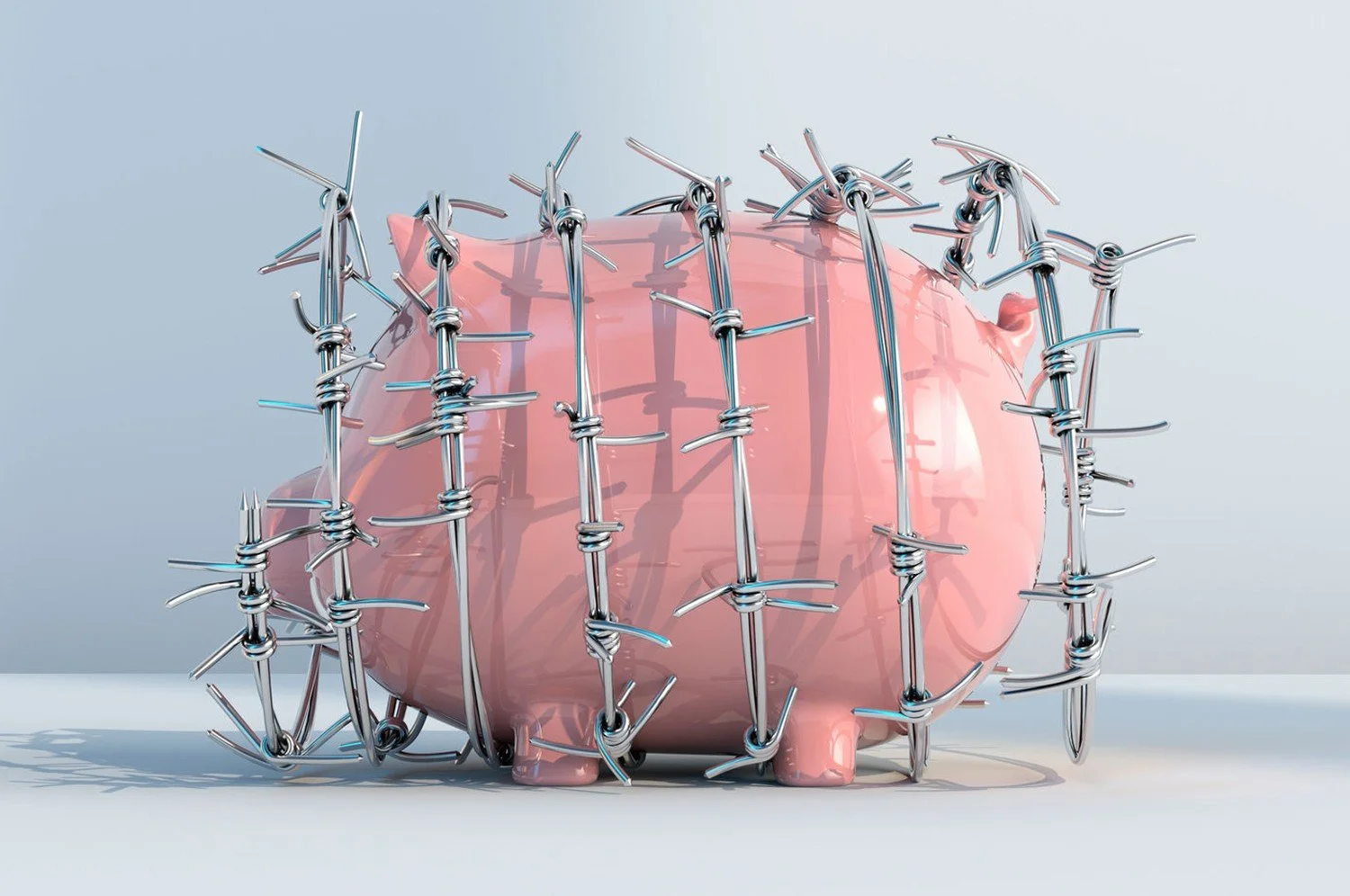Could Blockchain Make Universal Income a Reality?
Blockchain technology offers us something bigger than a way to manage and process data. It offers society a way to transact with each other under a system of credence. The reason we can’t own our own transactions and participations under our current model of society can be narrowed down to the issue of simple human trust.
Simply put, humans are influenced under emotions, and we simply can’t follow through on protocols as accurately and as unbiasedly as technology can. We will always be influenced under a bias of ourselves, our clan, and what we define as important.
Blockchain technology invents a system of trustlessness. Trustlessness alludes to the idea that we no longer need some entity to facilitate our transactions in society. Meaning, we no longer need the bank to facilitate payment to a friend, for example, who is selling me her couch -- I can directly send her the money, knowing that both she and I will transact fairly.The idea that I am transacting under a technology that is credible and responsible for securing the value that I’m offering allows me to transact more freely on my own.
The idea of “trust” in transactions, business, and society is slowly dissolving as we move towards regulation through technology.
But technology doesn’t deal with trust. It is not human. Technology, rather, follows through with its governance under a credible manner under all circumstances -- no matter what.A blockchain alleviates the need for a central authority to facilitate trust because it holds up the integrity to follow through on its set protocols. We now have to comply with the rules set forth from the protocols implemented because the transactions will only commence if the technology’s rules are carried out accordingly. Essentially, this technology governs trust and decreases our cost of transacting with each other. With the promise of reliability and the untethering of trust, we can reinvent how society is conducted and what gets distributed throughout. This means we can own the data of our habits, lifestyles, and transactions instead of handing them over to big businesses in exchange for the service or product we want from them.
We have been misled by society in thinking our transactions with big businesses are in exchange for money, when actually the true value of our transactions are held in the data businesses are allowed to collect in exchange for their product or service.
The archaic exchange of monetary value wouldn’t ever have allowed for the tech giants we use for free to become massive entities in today’s society. Instead, it was their collection of our data that allowed them to grow at the rapid progression we’ve seen. Under a system of trustlessness, we no longer need these businesses to connect us to the products and services we require. We can now directly interact with peers in the economy which provide that same value. But what’s even more important than who we transact with is what we transact with. We never knew that simply being who we were and living our own unique lives held a monetary value that could be packaged and sold. We can package our own data up as a commodity and sell it to businesses who need it, rather than just give it away freely. Think of how much richer our lives would become if we didn’t have to change what we were doing to derive more value from it -- if we were paid for being exactly the same person as we are now, except that now we have the ability to package it and not be siloed into a system that requires our surrender.This is where the idea of universal basic income stems from -- to simply provide a way to package ourselves through the data that can be collected from us. You don’t have to change, you don’t have to do more, and you don’t have to hide from the online cookies following you. All you have to do is know that your data is valuable and is what makes the powerhouses in our society remain on top.
